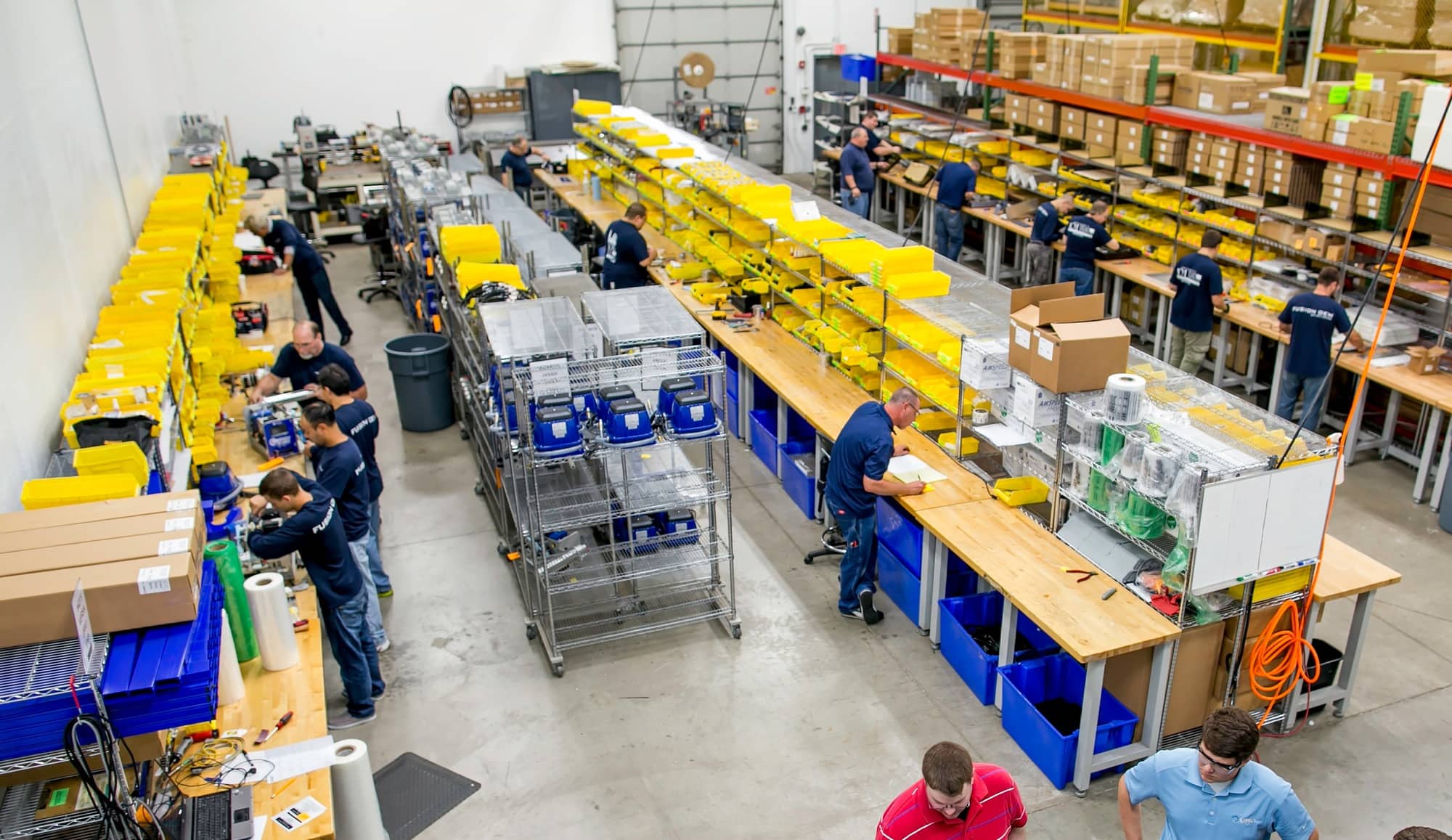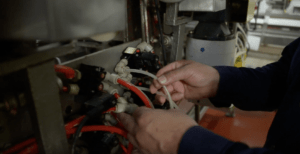Machinist
What do Machinists do?
A machinist uses machine tools to make or modify parts, primarily metal parts, a process known as machining. A machinist is to metal as a woodcarver is to wood. They typically work in machine shops using specialized measuring and cutting tools. Because the technology of machining is changing rapidly, workers must learn to operate a wide range of machines. Some newer manufacturing processes use lasers, water jets, and electrified wires to cut the workpiece. Although some of the computer controls are similar to those of other machine tools, machinists must understand the unique capabilities and features of different machines.
Average Wage
Experienced Wage
As a Machinist, you will
Align, secure and adjust cutting tools
Measure, examine, and test completed products for defects
Monitor the feed and speed of machines
Work from blueprints, sketches, or computer-aided design files
Present finished workpieces to customers and make modifications if needed
Turn, mill, drill, shape, and grind machine parts to specifications
Training & Educational Opportunities
You will have plenty of employment opportunities as a machinist, but first you will have to complete specific training. Some employers prefer certification from The National Institute for Metalworking Skills (NIMS), or from similar reputable occupational training programs.
Training Providers
- BIR Training Center
- College of DuPage
- Elgin Community College
- Illinois Manufacturing Foundation
- Joliet Junior College
- Symbol Training Institute
- Technology and Manufacturing Association (TMA)
- Waubonsee Community College
Ready to Unlock This Career?
A WIOA grant can pay for training.
TAKE THE NEXT STEP
Apply Now
Types of Employers
- Aerospace parts manufacturers
- Forging and stamping businesses
- Machinery manufacturers
- Transportation equipment manufacturers
Advancement Opportunities
- CNC Programmer
- Machinist Supervisor
- Mold Maker
- Tool and Die Maker






